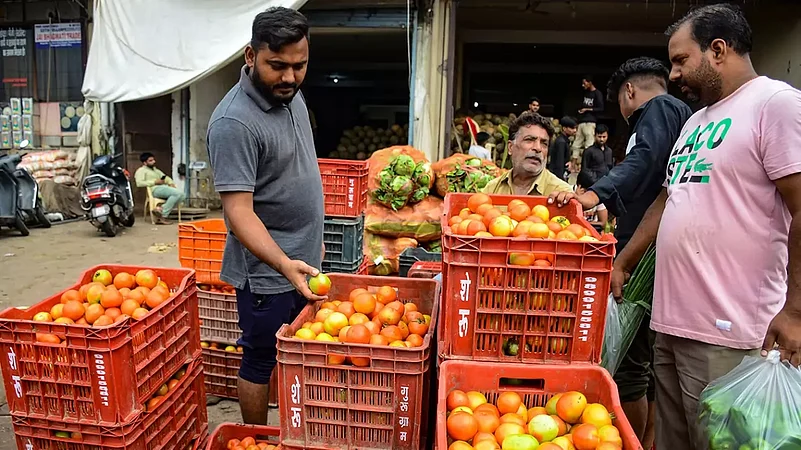Uttar Pradesh Minister of State for Women Development and Child Nutrition Pratibha Shukla said that people should stop eating tomatoes or start growing them at home if they find the vegetable unaffordable amid the price rise in the country.
Shukla told the media, "If tomatoes are expensive, people should grow them at home. If you stop eating tomatoes, the prices will inevitably come down. You can also eat lemon instead of tomato. If nobody is eating tomatoes, the prices will come down."
Speaking about a solution for tomato inflation, Shukla cited the example of the Asahi village and their nutrition garden and also said that people could replace tomatoes with lemons.
The UP minister reportedly said, "We have made a nutrition garden in Asahi village, the women in the village have made a nutrition garden, and tomatoes can also be planted in it. There is a solution to this inflation, this is not new, tomatoes are expensive all the time. If you do not eat tomatoes then use lemon, whatever is more expensive, discard it, it will automatically become cheaper."
According to the reports, Shukla had earlier participated in the tree plantation programme by the state government and planted saplings.
Daily prices of 22 essential items are monitored by the Department of Consumer Affairs, said Minister of State Consumer Affairs, Food and Public Distribution, Ashwini Kumar Choubey on Friday, reportedly.
Choubey also informed the media that the government is procuring tomatoes under Price Stabilisation Fund and making them available to the consumers at a subsidised rate.
He further said that tomatoes are procured from markets in Andhra Pradesh, Karnataka and Maharashtra by the National Cooperative Consumers Federation (NCCF) and National Agricultural Cooperative Marketing Federation (NAFED) to make them available at affordable prices in major consuming centres like Delhi-NCR, Bihar and Rajasthan with a subsidised rate.
He reportedly said, "The tomatoes have been disposed initially at retail price of ₹ 90 per kg which has been reduced to ₹ 80 per kg from July 16 and further reduced to ₹ 70 per kg from July 20."


























